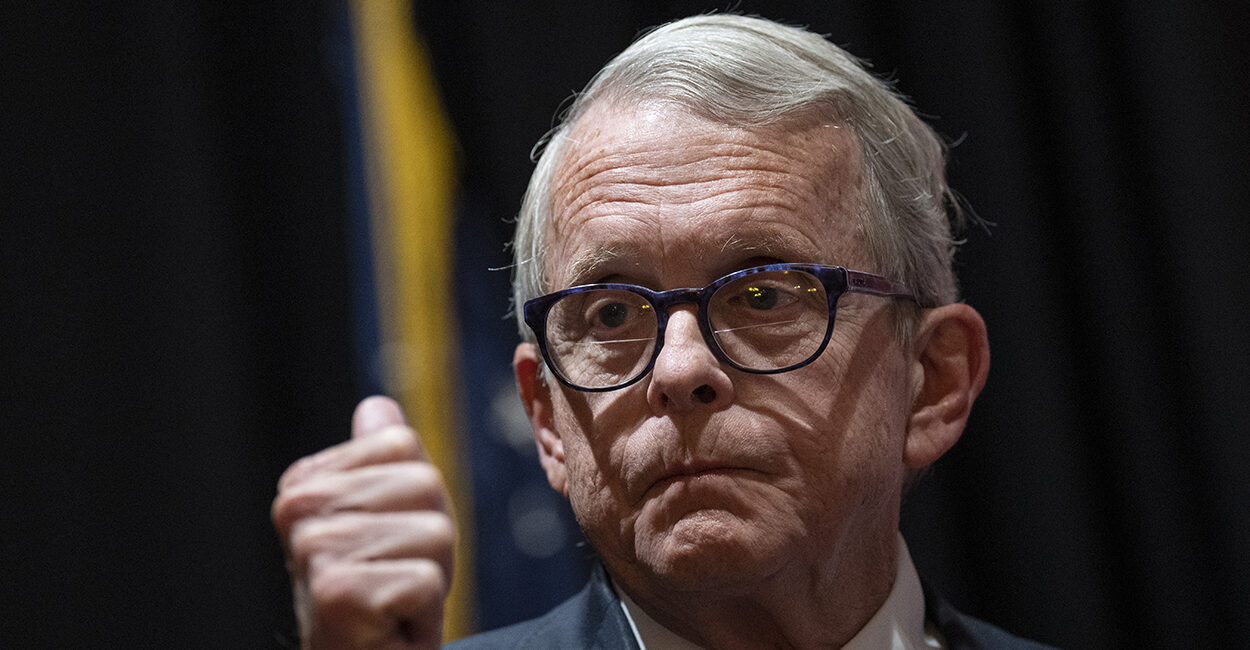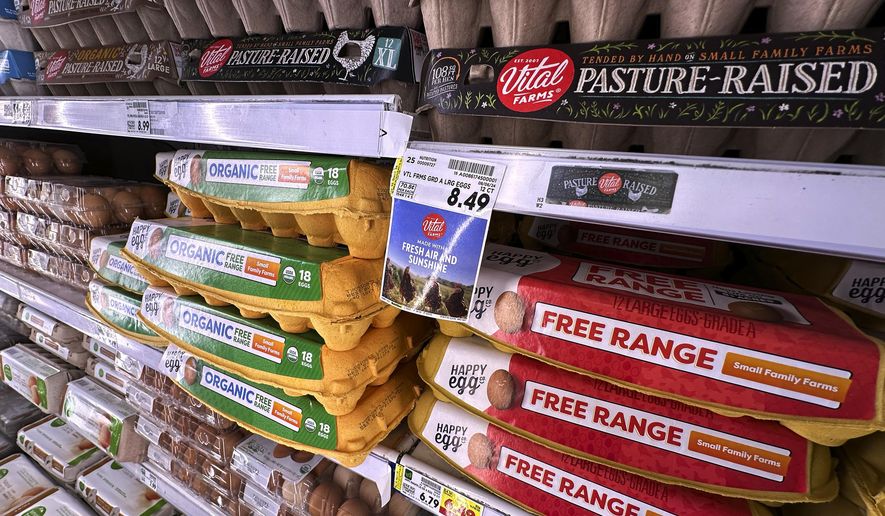Turkey hikes interest rate again to 45% after inflation nears 65%

The Turkish central bank raised its key interest rate on Thursday by 250 basis points, to 45%.
The economists had expected a rise in the benchmark rate for one-week Repo.
The rate increase is the latest in a long-running battle to combat double-digit inflation by Turkey’s monetary authorities.
Inflation increased in Turkey to 64.8% on an annual basis in December. This is up from 62%. The lira currency also hit a record low in January against the U.S. Dollar, breaking below 30 for the first.
|
Analysts believe this is the last hike in a long time, particularly with local elections coming up in March.
Liam Peach is a senior emerging markets analyst at Capital Economics in London. In a recent note, he wrote: “The communications were encouragingly hawkish, and suggested that policymakers are aware of the necessity to keep interest rates higher for a long period in order to bring inflation down to single-digits.” “Our baseline is that the central banks will maintain rates throughout this year.”
The Central Bank of the Republic of Turkey said that the cycle of tightening was over. It stated: “The monetary rigor required to establish the course of disinflation is achieved… The current policy rate will continue to be maintained until a significant decrease in the monthly trend of inflation is seen and until the inflation expectations are within the forecast range.”
The move by the central bank is the latest of a series interest rate hikes — eight in a row since the elections held in May 2023 — that has been painful for Turks as they grapple with a drastically weakened currency and skyrocketing costs of living.
Ankara’s stubbornly loose monetary policies are largely responsible for the high inflation of the last few years. The lira has fallen 38% year-to-date against the dollar and lost over 80% against the greenback in the last five years.
In June of last year, a new finance team was formed, and the Turkish Central Bank began a major pivot. Rates were raised under the supervision Hafize Erkan, governor of Turkish Central Bank. Since then, the country’s benchmark rate of interest has been raised from 8.5% up to 45%.
Some observers believe that it is not enough to reduce inflation.
Capital Economics predicts that Turkey’s inflation will drop “towards 30-35 percent by the end of the year” from its current 65%, while Bartosz Sawicki is a market analyst for Conotoxia Fintech who believes it will reach close to 75 percent in May, before beginning to decline.
Sawicki stated that “the cumulative tightening by 3650 basis points might not be enough” to tame Turkey’s long-standing problem of inflation, which is caused by a “vicious mix of loose monetary policies, negative real interest rates, and persistent lira weakening.”
Analysts expect the central banks to maintain rates throughout the remainder of the year, and there will be no rate reductions anytime soon.
Peach wrote that “inflation and inflation expectation will have to be down a great deal before the central banks starts cutting interest rates.”









No Comments